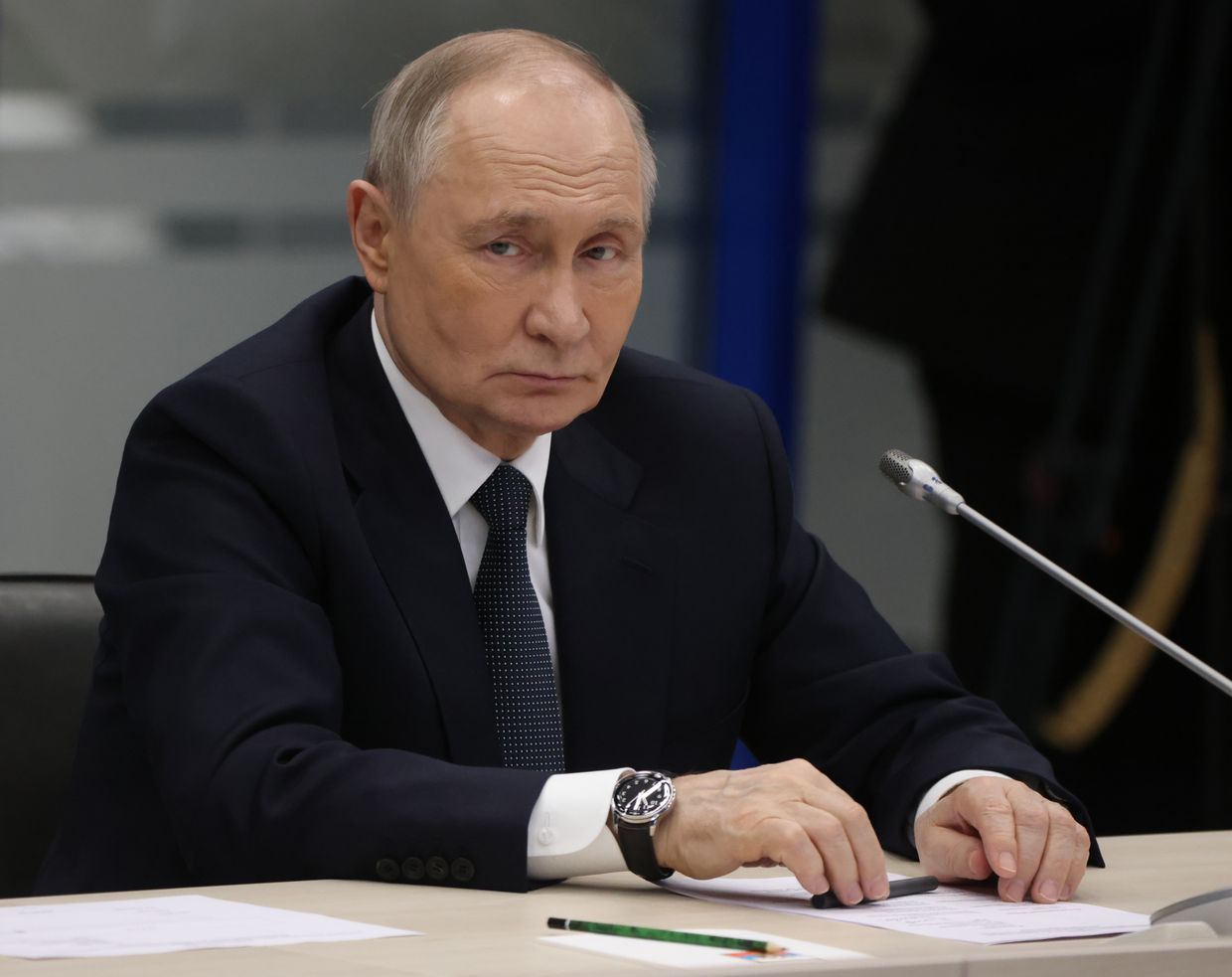Germany's incoming government wants EU to get tough on Hungary, Politico reports

The incoming German government wants the EU to adopt harsher measures to punish countries violating the bloc's core principles, an apparent reference to Hungary, Politico reported on March 31, citing an obtained coalition agreement.
Friedrich Merz's conservative CDU/CSU alliance, which won the February Bundestag elections, and its likely coalition partners from the Social Democratic Party (SPD) want the EU to freeze funds and suspend voting rights of members who violate the union's key tenets, such as the rule of law, the news outlet wrote.
Hungary's Prime Minister Viktor Orban has been accused of democratic backsliding, an encroachment on human rights, and attacks on press freedom. The Hungarian leader is also broadly seen as the most Russian-friendly EU leader after he repeatedly obstructed sanctions against Moscow and military support for Kyiv.
The European bloc had frozen some 30 billion euros ($32.4 billion) in EU funds earmarked for Hungary over the years but released around 10 billion euros ($10.8 billion) in December 2023, just before a positive decision on Ukraine's accession talks.
Several European officials and members of the European Parliament have repeatedly called for the activation of Article 7 of the EU Treaty, which suspends the voting rights of members who violate the bloc's key principles.
If 26 members, excluding the 27th member who is under consideration, agree that a breach is occurring, a qualified majority of the Council of the EU can suspend some of Hungary's membership rights, including voting rights.
Past attempts to activate Article 7 have failed due to a lack of consensus among member states. Slovak Prime Minister Robert Fico, a Moscow-friendly leader close to Orban, said last year he would block any attempts to restrict Hungary's voting rights.
According to Politico, Merz's incoming coalition plans to push for a qualified majority voting in the EU Council on foreign and security policy issues, such as sanctions, to bypass a single member's veto.
Hungary threatened to derail the mandatory six-month extension of EU sanctions against Russia on March 15, but eventually conceded after extracting exemptions on four individuals and, reportedly, after a request to Budapest from Washington.
Merz, who aims to form the new government by April 20, has touted major changes to Germany's role on the global stage, reaching an agreement to unleash 500 billion euros ($540 billion) in defense spending and promising more decisive support for Ukraine.











